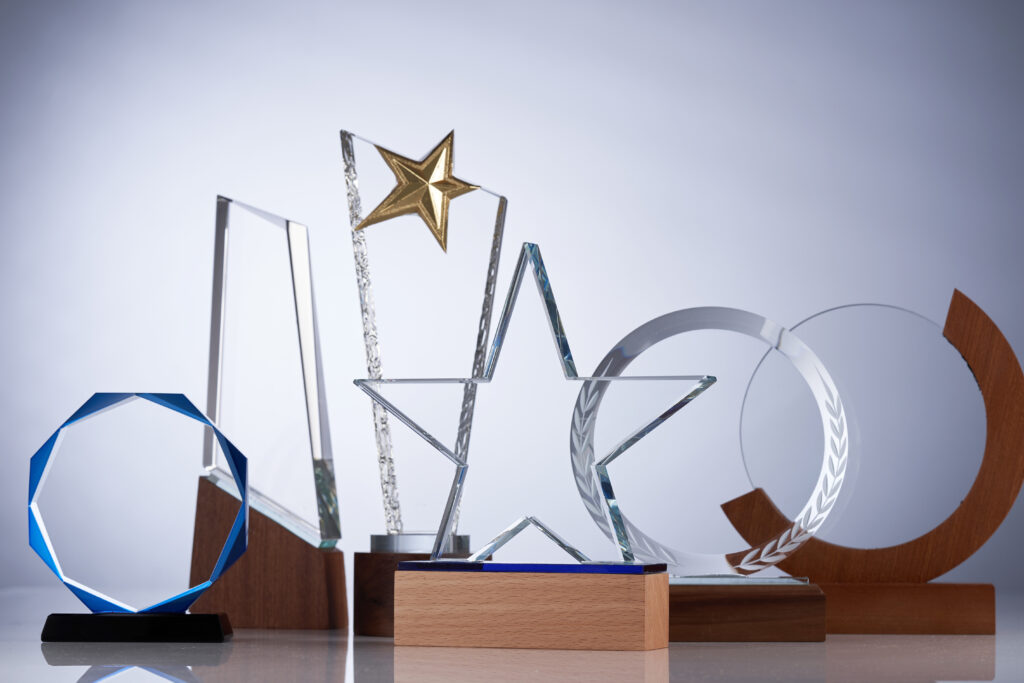
Productivity is essential for any business to succeed in today's fast-paced and competitive work environment, but it can be challenging to achieve high levels of productivity within the workforce. Rewards and recognition programs are a great way to build and maintain productivity while increasing employee engagement, job satisfaction, and creating a positive work culture. If you're looking for ways to motivate and inspire your employees and create a productive work environment, recognising and rewarding workers for their hard work is one of the most effective strategies for driving productivity. In this complete guide, we'll explore the importance of rewards and recognition, various types of rewards and recognition, how to implement them within the workplace, successful examples, and best practices to maximize their effectiveness.
In today's competitive work environment, it's essential to prioritize productivity for any business to thrive. However, achieving high levels of productivity within the workforce can be challenging. This is where rewards and recognition come into play. By acknowledging and celebrating the hard work and achievements of employees, employers can boost morale, increase motivation, and ultimately inspire employees to do their best work. Investing in rewards and recognition can lead to higher levels of employee engagement, retention, and overall success for the company.
Rewards are tangible or intangible items given to employees for achieving specific goals, while recognition is simply acknowledging an individual's hard work or exceptional contribution to the organisation. Both rewards and recognition have numerous benefits, including improved motivation, job satisfaction, and increased productivity. So, if you're looking for ways to motivate and inspire your employees and create a productive work environment, investing in rewards and recognition is a great place to start.
Creating a culture that fosters employee engagement and satisfaction is crucial in today's fast-paced work environment. One effective way to achieve this is by implementing a rewards and recognition program. By acknowledging and celebrating employees' contributions and accomplishments, you can create a positive work atmosphere that inspires and motivates your team. Rewards and recognition not only boost morale but also drive employee retention, increase productivity, and strengthen overall performance, benefitting both employers and employees. Building a culture that values and acknowledges the efforts of team members is a win-win situation. With rewards and recognition, you can attract top talent and keep them happy and motivated in a workplace that promotes their value.
While the concept of building rewards & recognition programs may seem simple, the type of rewards and recognition offered can vary greatly from company to company. Let’s take a closer look at the different types of rewards and recognition programs available and how they can benefit your organisation. From monetary incentives to professional development opportunities, there are a variety of ways to acknowledge and celebrate your team's hard work and achievements. So, let's dive in and explore the various options available to build a culture of appreciation and engagement in your workplace.
Employee recognition is an essential aspect of fostering a positive and productive work environment, and many companies in the Asia-Pacific (APAC) region are leading the way in this regard. Here are some examples of APAC companies that have implemented innovative and effective rewards and recognition programs, and have reaped the benefits of a motivated and engaged workforce.
To identify when to reward employees, you should have a clear understanding of what success looks like for your team and what behaviours or achievements are most valued by your organisation. This can involve setting clear goals and performance metrics, as well as tracking progress toward those goals.
When you see employees going above and beyond their normal duties, achieving significant milestones, or consistently meeting or exceeding performance targets, these can be excellent opportunities to recognize and reward their efforts. It's important to make sure that rewards are timely and relevant, so that employees feel recognized and appreciated for their hard work and dedication.
You can also create a culture of recognition by encouraging managers and team members to regularly recognise each other's accomplishments and contributions. This can help to create a positive feedback loop that reinforces desired behaviours and motivates employees to continue performing at their best.
Rewards and recognition programs are only as effective as the participation and engagement of your employees. To inspire your team to get involved, it's important to get creative and find strategies that go beyond the standard rewards. Here are some strategies to encourage employee participation in rewards and recognition programs:
In conclusion, rewards and recognition programs are essential for building and maintaining productivity in the workplace. By acknowledging and celebrating employees' hard work and achievements, employers can boost morale, increase motivation, and ultimately inspire employees to do their best work. Rewards and recognition not only benefit the employees but also drive employee retention, increase productivity, and strengthen overall performance, benefiting the company as a whole. By implementing a culture of recognition, employers can create a positive work environment that inspires and motivates their team, attracting top talent and keeping them happy and motivated in a workplace that promotes their value. With the various types of rewards and recognition programs available, employers can tailor their approach to fit the unique needs and goals of their organisation, ultimately maximising their effectiveness.